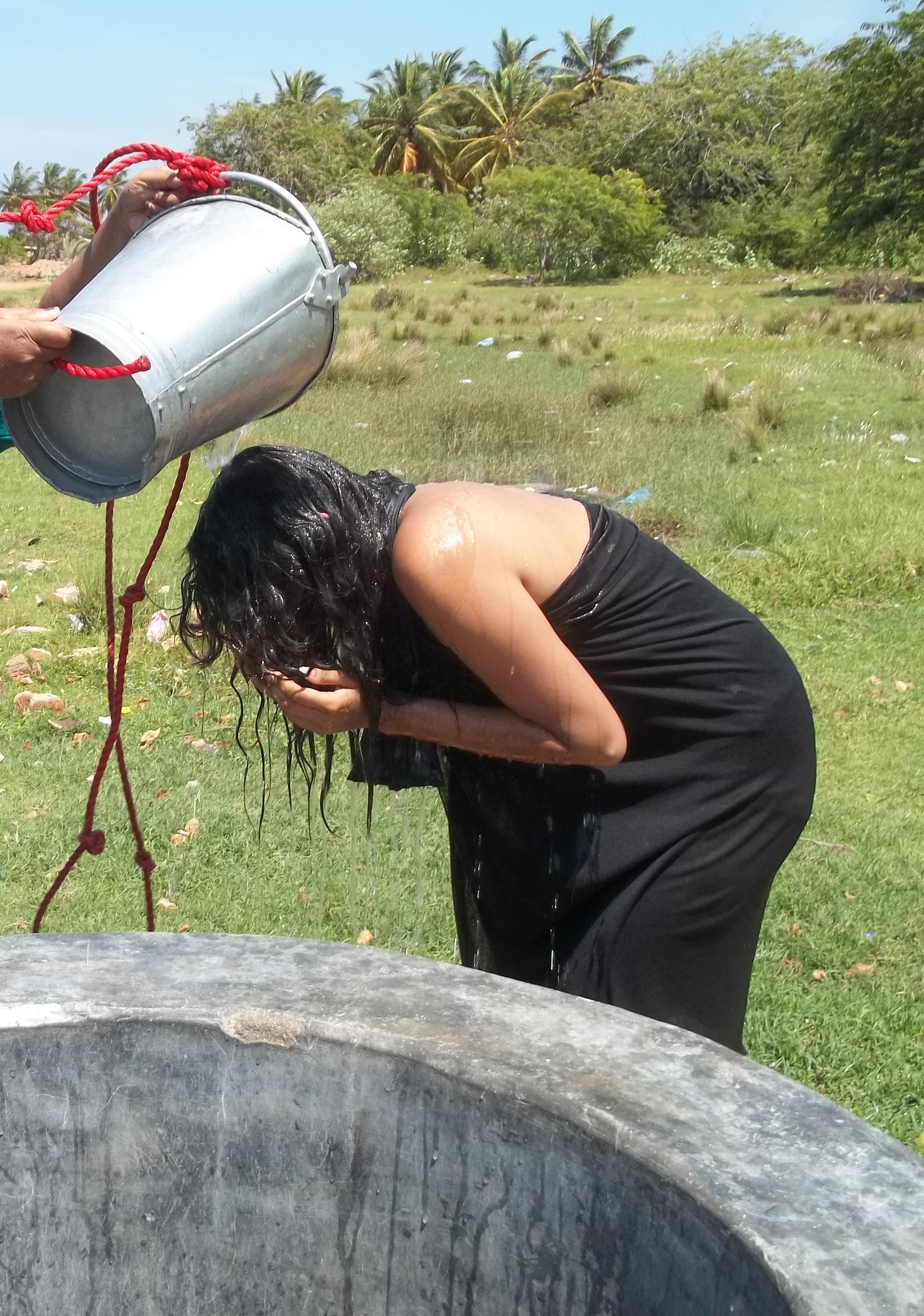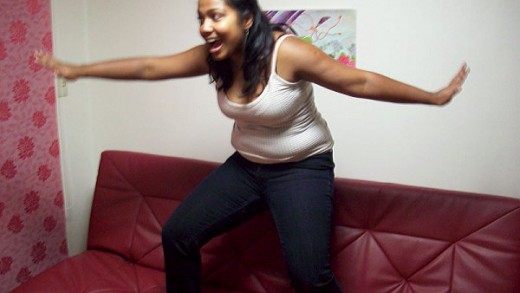Most of us expect to experience culture shock while visiting a foreign country. It is the overwhelming feeling you get when you are faced with traditions, languages, and a lifestyle that are different than what you are accustomed to. For example, in Canada we are used to shaking hands as a greeting, while in Italy they may kiss you on both cheeks. In certain cultures, sharing food is a sign of intimacy and respect, but for Punjabis it is considered taboo and unsanitary. When we travel, because we are aware of cultural differences that exist, we usually approach an unfamiliar setting with an open mind. We embrace ourselves for the surprising or unexpected cultural shocks. Yet how do we go about explaining an even bigger culture shock while visiting our own homeland for the first time?
This can be referred to as reverse culture shock, where you feel like an outsider in your native land, especially after being raised in a western country. This is particularly applied to the first generation of Tamils born and raised in Canada or England. Like myself, I’m sure most of you have little or no memory of Sri Lanka.
However, the way people respond to any type of culture shock is subjective and varies on their upbringing, their cultural awareness, and their own personalities or lived experiences. Personally, I have lived in Canada and England, and travelled immensely all over Europe, Australia, UAE and the Caribbean. But this trip was to be different since it was not just a vacation to a foreign land, but one I had strong ties with. Consequently, I found myself experiencing a set of specific stages which I interpreted to fit what most westernized immigrated people may feel when they finally visit their motherland.

The Awed Adventurer Phase
This phase occurs when you first step off the plane and see the ‘Welcome to Sri Lanka’ billboard of women in sarees with vases on their heads capturing the essence of ‘the other’. This trip back home is a welcoming change to the mundane and stressful but yet familiar routine you are used to in your big city, and you can now finally experience an exotic adventure. A sense of wonder and pride deepens as your heritage and roots lie in this land. You excitedly grab your camera anticipating the great photos you are going to have as souvenirs, and already make mental plans of all the tourist-y adventures you are going to go on. You are excited for this journey and ready to partake in what you feel is your own cultural experience. You forget to anticipate, however, that the moment you step out of the airport terminal, you leave behind anything that was remotely familiar to you.
The Insider as an ‘Outsider’ Phase
I consider this phase the transition from the awed adventurer to the frustrated outsider that struggles to fit in when you feel you already should. Locals stare at you as if they know you don’t belong, and there are taboos that you may not even be aware of despite being an ‘insider’. For instance, you will stand out if you DON’T wear a T-shirt and pants over your bathing suit. Trust me, I know from experience. Then there’s ordering tea. You have to say “plain tea” if you don’t want the typical tea which I’m sure is more sugar and milk than actual tea!
Living in Canada or another western country renders our values and way of life whether we try to deny it or not. When it comes to our bathing styles for example, we are princes and princesses the way we shower: lather & repeat. In Sri Lanka, hot water is a luxury and it is not uncommon to bathe in wells or streams. Also, fashion differs. Sure it’s so hot that you’d think a tube top is reasonable, but no, it’s considered bold and daring for a girl to dress as so. Education, dining, and laundry are all just a few factors that contribute to our differences in fitting in. These are reasons why we are ‘outsiders’ in our own mother country.
The Guilty Conscience Phase
Suddenly your conscience comes into play. In my opinion, this stage is unavoidable for the Tamil westerner. It manifests itself the moment you begin to compare your western standard of living to the Lankan lifestyle. Once you realize the common household musts such as internet, air conditioning, hot water, and toilet paper we take for granted back home are actually luxuries for our homeland, guilt lodges itself into your conscience. As soon as you witness the aftermath devastation of the tsunami and you realize you are in a reconciling war-torn country, you begin to feel grateful you were able to escape those despairs, but immediately feel guilty for even thinking that. You meet locals who share with you their struggling life stories, and that further contributes to your discomfort and remorse. You see dogs running around scrounging for food and being treated like common pests rather than pets. The guilt piles on. But it is unavoidable. This guilt is something you cannot escape from especially having been raised in the safeness and lifestyle of a western nation.
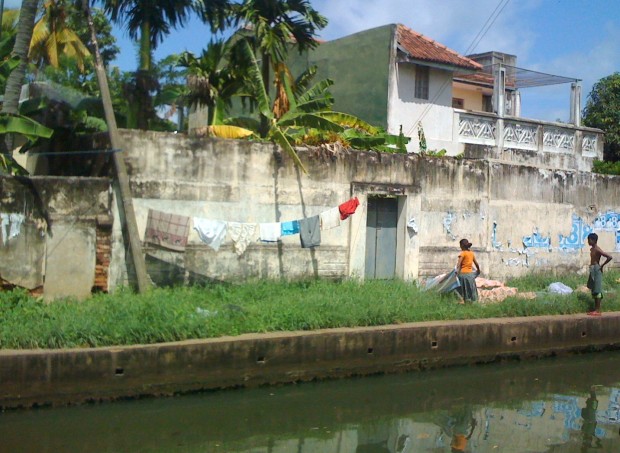
The Acceptance Phase
Near the end of your journey you begin to feel comfortable and adapt. I started wearing the long dresses that I’d never be caught dead in at home because they were actually quite comfortable. I began to speak Tamil more openly and freely. I found eating with my hands more practical and enjoyable. Also, I believe that you begin to appreciate the Sri Lankan lifestyle and even feel a bit envious of some of its simplicity and the richness the land has to offer. In Canada, we’re so often stuck in traffic or in a 30 minute heated argument with our phone company that we don’t realize we spend more time annoyed at our vast resources than we appreciate them. In Sri Lanka, those things don’t matter because they don’t dominate the lives of the people. The more you learn about its history and suffering, the more you admire its strength and the peoples’ faiths. Despite all that Sri Lanka has undergone, there’s still piety and devotion, which you can see from various religious displays on every street corner. Most importantly, you yourself change. Your values and perception of life are modified because of this experience and most of us will find ourselves questioning our self-identities and our life realities.
We are bound to experience culture shock even in our native land regardless if we maintain our cultural values, language, and rituals because we are in an unfamiliar environment where our learned social practices were more suitable to our raised western environment – and not to our motherland’s. In other words, we have already adapted our social behaviours to a multicultural, diversified city lifestyle and that is a big difference to the Tamil traditional Sri Lankan way of life.
In my opinion, when you pay a visit to your motherland, you are certain to encounter these four phases or transitions at most parts of your journey. I hope my rendition of ‘reverse culture shock’ enhances your awareness and helps you be prepared. Although culture shock is subjective to the traveller, for the average diasporic Tamils, these phases I have portrayed will play a role in our experience. Overall, the trip back home will definitely be legend…(wait for it)…ary.
– Maria Noble Arasaratnam
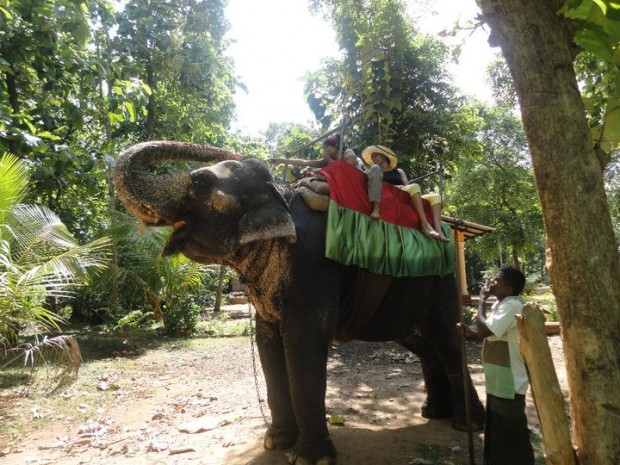
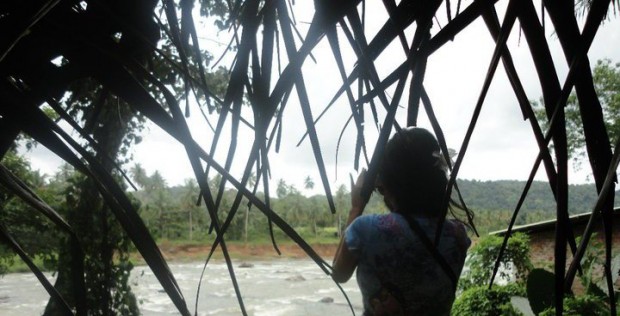
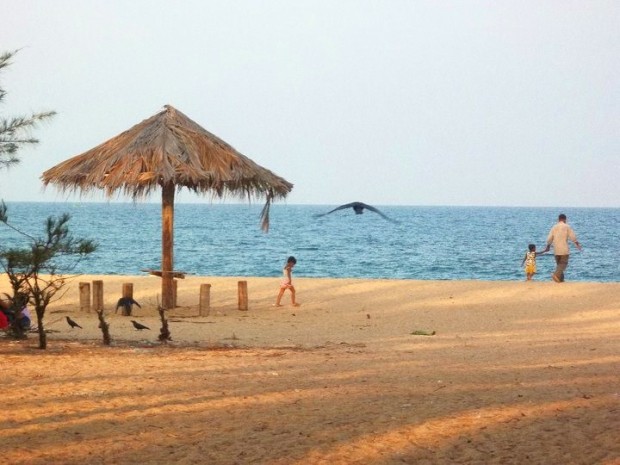
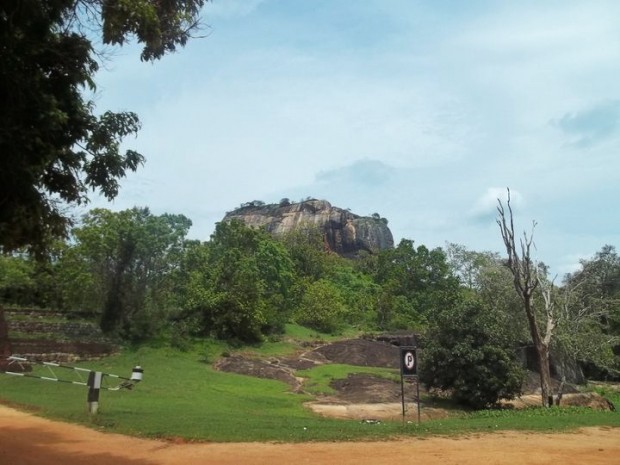
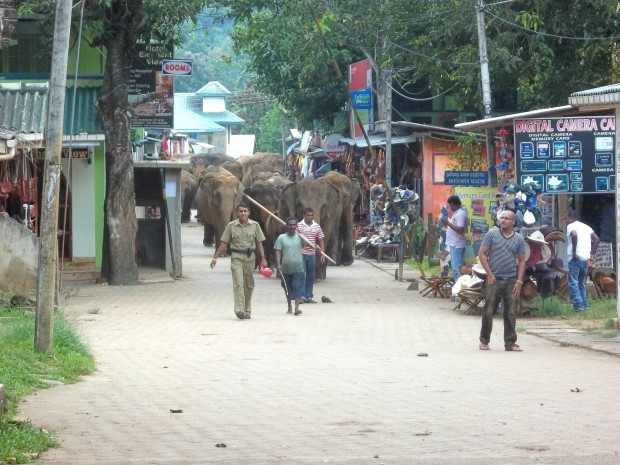

 Maria Arasaratnam
Maria Arasaratnam
